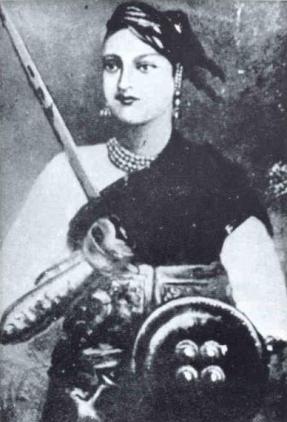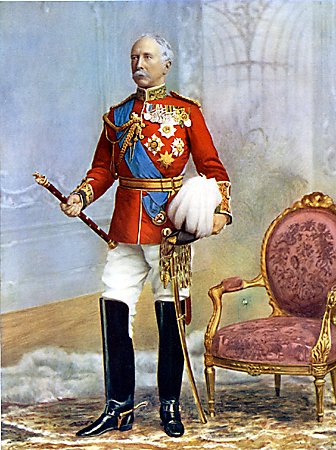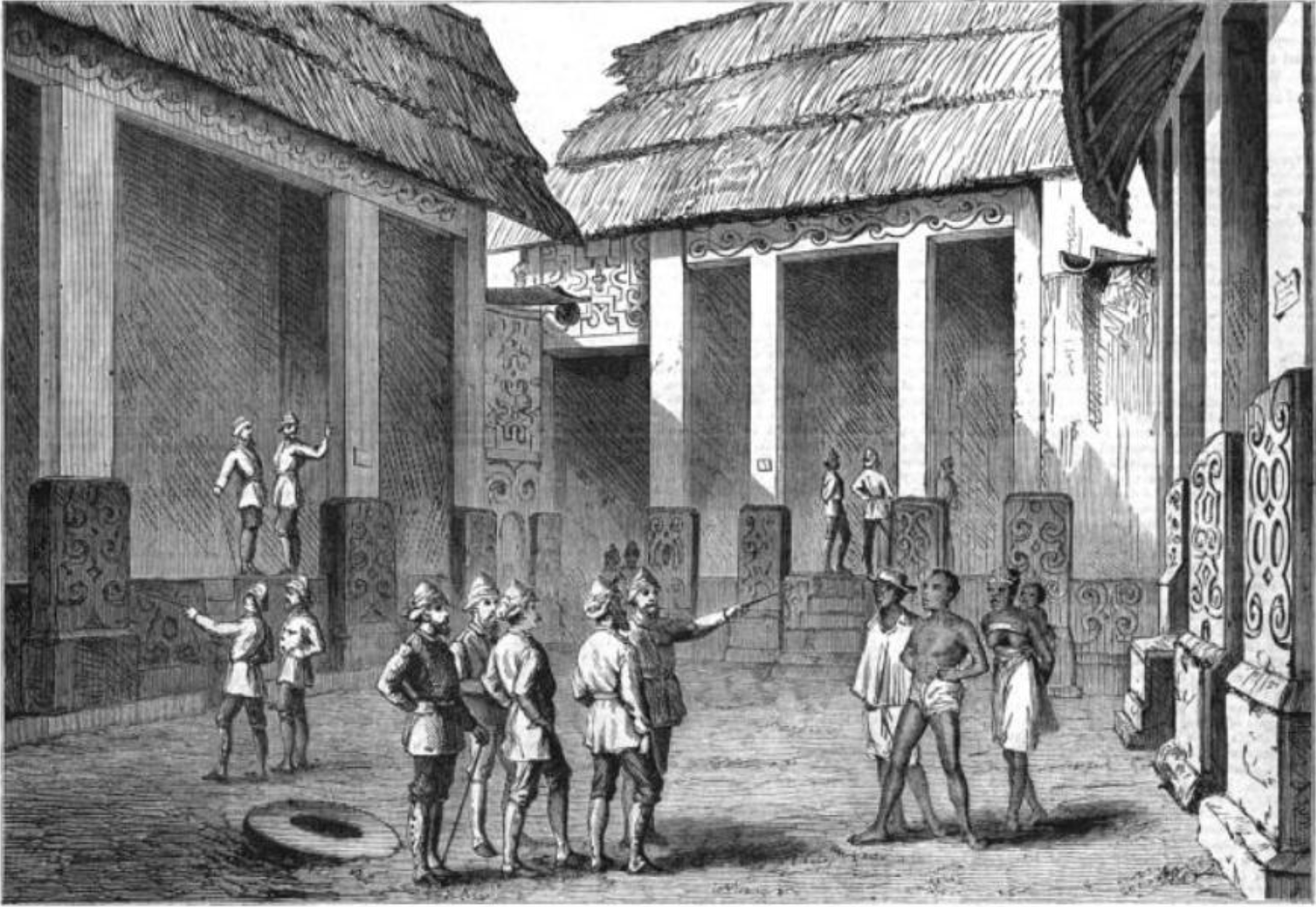|
Army Records Society
The Army Records Society is a text publication society for the history of the British Army. The society was established in 1984 and is a registered charity. To date (October 2022) the society has issued 41 volumes of material. Selected publications 18th Century volumes * ''An Eighteenth-Century Secretary at War: The Papers of William, Viscount Barrington'' (ed. Dr Tony Hayter, 1988) vol. 4 * ''Colonel Samuel Bagshawe and the Army of King George II, 1731-1762'' (ed. Dr Alan J. Guy, 1990) vol. 6 * ''John Peebles’ American War, 1776-1782'' (ed. Professor Ira D. Gruber, 1998) vol. 13 * ''The Journal of Corporal William Todd, 1745-1762'' (eds. Andrew Cormack & Alan Jones, 2001) vol. 18 * '' Amherst and the Conquest of Canada'' (ed. Dr Richard Middleton, 2003) vol. 20 * ''The Duke of Cumberland's Campaigns in Britain and the Low Countries, 1745-1748: A Selection of His Letters'' (eds. Alastair Massie & Jonathan Oates, 2018) vol. 38 19th Century volumes * ''The Napoleonic War ... [...More Info...] [...Related Items...] OR: [Wikipedia] [Google] [Baidu] |
Text Publication Society
A text publication society is a learned society which publishes (either as its sole function, or as a principal function) scholarly editions of old works of historical or literary interest, or archival documents. In addition to full texts, a text publication society may publish translations, calendars and indexes. Members of the society (private individuals or institutions) pay an annual subscription, in return for which they either automatically receive a copy of each volume as it is published, or (as in the case of, for example, the Royal Historical Society) are eligible to purchase volumes at favourable members' rates. Some societies attempt to keep to a regular cycle of publishing (generally one volume per year, as in the case of the London Record Society and the Canterbury and York Society; the Royal Historical Society, exceptionally, aims for two volumes per year). Others, however, publish on an irregular and occasional basis, as the completion of editorial work allows. Volume ... [...More Info...] [...Related Items...] OR: [Wikipedia] [Google] [Baidu] |
Central Indian Campaign Of 1858
The Central India Campaign was one of the last series of actions in the Indian rebellion of 1857. A small British and Indian Army (from the Bombay Presidency) overcame a disunited collection of states in a single rapid campaign, although determined rebels continued a guerrilla campaign until the spring of 1859. Outbreak of the Rebellion The area known to the British at the time as Central India is now occupied by parts of Madhya Pradesh and Rajasthan states. A large part of it was included in the region of Bundelkhand named after its former Bundela rulers. In 1857, it was administered as the Central India Agency and consisted of six large and almost 150 small states, nominally ruled by Maratha or Mughal princes, but actually controlled to a greater or lesser degree by Residents or Commissioners appointed by the British East India Company. Opposition to British control centred on the state of Jhansi, where the Rani Lakshmibai, widow of the last Maratha prince, opposed the British ... [...More Info...] [...Related Items...] OR: [Wikipedia] [Google] [Baidu] |
Charles à Court Repington
Charles à Court Repington, , (29 January 1858 – 25 May 1925), known until 1903 as Charles à Court, was an English soldier, who went on to have a second career as an influential war correspondent during the First World War. He is also credited with coining the term 'First World War' and one of the first to use the term 'world war' in general. Early life Charles à Court was born at Heytesbury, in the county of Wiltshire on 29 January 1858, the son of Charles Henry Wyndham A'Court Repington, M.P. His family name at birth was à Court. In his memoir, he later wrote: "The à Courts are Wiltshire folk, and in old days represented Heytesbury in Parliament... The name of Repington, under the terms of an old will, was assumed by all the à Courts in turn as they succeeded to the Amington Hall Estate, and I followed the rule when my father died in 1903."Reid 2001, p. 163 He received his early formal education at Eton College and the Royal Military College, Sandhurst. Military caree ... [...More Info...] [...Related Items...] OR: [Wikipedia] [Google] [Baidu] |
Signals Intelligence
Signals intelligence (SIGINT) is intelligence-gathering by interception of ''signals'', whether communications between people (communications intelligence—abbreviated to COMINT) or from electronic signals not directly used in communication (electronic intelligence—abbreviated to ELINT). Signals intelligence is a subset of intelligence collection management. As classified and sensitive information is usually encrypted, signals intelligence in turn involves the use of cryptanalysis to decipher the messages. Traffic analysis—the study of who is signaling whom and in what quantity—is also used to integrate information again. History Origins Electronic interceptions appeared as early as 1900, during the Boer War of 1899–1902. The British Royal Navy had installed wireless sets produced by Marconi on board their ships in the late 1890s, and the British Army used some limited wireless signalling. The Boers captured some wireless sets and used them to make vital transmis ... [...More Info...] [...Related Items...] OR: [Wikipedia] [Google] [Baidu] |
Eighth Army (United Kingdom)
The Eighth Army was an Allied field army formation of the British Army during the Second World War, fighting in the North African and Italian campaigns. Units came from Australia, British India, Canada, Czechoslovakia, Free French Forces, Greece, New Zealand, Poland, Rhodesia, South Africa and the United Kingdom. Significant formations which passed through the Army included V Corps, X Corps, XIII Corps, XXX Corps, I Canadian Corps and the II Polish Corps. History North Africa The Eighth Army first went into action as an Army as part of Operation Crusader, the Allied operation to relieve the besieged city of Tobruk, on 17 November 1941, when it crossed the Egyptian frontier into Libya to attack Erwin Rommel's Panzer Army Africa. On 26 November the Commander-in-Chief Middle East Command, General Claude Auchinleck, replaced Cunningham with Major-General Neil Ritchie, following disagreements between Auchinleck and Cunningham. Despite achieving a number of tactical su ... [...More Info...] [...Related Items...] OR: [Wikipedia] [Google] [Baidu] |
Bernard Montgomery
Field Marshal Bernard Law Montgomery, 1st Viscount Montgomery of Alamein, (; 17 November 1887 – 24 March 1976), nicknamed "Monty", was a senior British Army officer who served in the First World War, the Irish War of Independence and the Second World War. Montgomery first saw action in the First World War as a junior officer of the Royal Warwickshire Regiment. At Méteren, near the Belgian border at Bailleul, he was shot through the right lung by a sniper, during the First Battle of Ypres. On returning to the Western Front as a general staff officer, he took part in the Battle of Arras in AprilMay 1917. He also took part in the Battle of Passchendaele in late 1917 before finishing the war as chief of staff of the 47th (2nd London) Division. In the inter-war years he commanded the 17th (Service) Battalion, Royal Fusiliers and, later, the 1st Battalion, Royal Warwickshire Regiment before becoming commander of the 9th Infantry Brigade and then General officer com ... [...More Info...] [...Related Items...] OR: [Wikipedia] [Google] [Baidu] |
Sir William Robertson, 1st Baronet
Field Marshal Sir William Robert Robertson, 1st Baronet, (29 January 1860 – 12 February 1933) was a British Army officer who served as Chief of the Imperial General Staff (CIGS) – the professional head of the British Army – from 1916 to 1918 during the First World War. As CIGS he was committed to a Western Front strategy focusing on Germany and was against what he saw as peripheral operations on other fronts. While CIGS, Robertson had increasingly poor relations with David Lloyd George, Secretary of State for War and then Prime Minister, and threatened resignation at Lloyd George's attempt to subordinate the British forces to the French Commander-in-Chief, Robert Nivelle. In 1917 Robertson supported the continuation of the Battle of Passchendaele (also known as the Third Battle of Ypres) at odds with Lloyd George's view that Britain's war effort ought to be focused on the other theatres until the arrival of sufficient US troops on the Western Front. Robertson is the only ... [...More Info...] [...Related Items...] OR: [Wikipedia] [Google] [Baidu] |
Curragh Incident
The Curragh incident of 20 March 1914, sometimes known as the Curragh mutiny, occurred in the Curragh, County Kildare, Ireland. The Curragh Camp was then the main base for the British Army in Ireland, which at the time still formed part of the United Kingdom of Great Britain and Ireland. Ireland was scheduled to receive a measure of devolved government, which included Ulster, later in the year. The incident is important in 20th-century Irish history, and is notable for being one of the few occasions since the English Civil War in which elements of the British military openly intervened in politics. It is widely thought of as a mutiny, though no orders actually given were disobeyed. With Irish Home Rule due to become law in 1914, the British Cabinet contemplated some kind of military action against the unionist Ulster Volunteers who threatened to rebel against it. Many officers, especially those with Irish Protestant connections, of whom the most prominent was Hubert Gough, threat ... [...More Info...] [...Related Items...] OR: [Wikipedia] [Google] [Baidu] |
Keith Jeffery
Keith John Jeffery MRIA (11 January 1952 – 12 February 2016) was a Northern Irish historian specialising in modern British, British Imperial, and Irish history. Early life He attended Methodist College Belfast, where his father was vice principal. Career Having obtained his BA, MA, and PhD (1978) degrees from St. John's College, Cambridge, the latter under the supervision of John Andrew Gallagher, he was Professor of British history at Queen's University Belfast. In 1998, Jeffery served as the Lees Knowles Lecturer at Trinity College, Cambridge, and in 2003–4 the Parnell Fellow in Irish Studies at Magdalene College, Cambridge. He also held visiting positions at the Australian National University, the Australian Defence Force Academy and Deakin University. Although much of his work was devoted to military history, his research more recently focused on the history of intelligence gathering. In 2005, he was commissioned by the British Secret Intelligence Service ( ... [...More Info...] [...Related Items...] OR: [Wikipedia] [Google] [Baidu] |
Sir Henry Wilson, 1st Baronet
Field Marshal Sir Henry Hughes Wilson, 1st Baronet, (5 May 1864 – 22 June 1922) was one of the most senior British Army staff officers of the First World War and was briefly an Irish unionist politician. Wilson served as Commandant of the Staff College, Camberley, and then as Director of Military Operations at the War Office, in which post he played a vital role in drawing up plans to deploy an Expeditionary Force to France in the event of war. During these years Wilson acquired a reputation as a political intriguer for his role in agitating for the introduction of conscription and in the Curragh incident of 1914, when he encouraged senior officers to resign rather than move against the Ulster Volunteers (UVF). As Sub Chief of Staff to the British Expeditionary Force (BEF), Wilson was Sir John French's most important advisor during the 1914 campaign, but his poor relations with Haig and Robertson saw him sidelined from top decision-making in the middle years of the war. He ... [...More Info...] [...Related Items...] OR: [Wikipedia] [Google] [Baidu] |
Garnet Wolseley, 1st Viscount Wolseley
Field Marshal Garnet Joseph Wolseley, 1st Viscount Wolseley, (4 June 183325 March 1913), was an Anglo-Irish officer in the British Army. He became one of the most influential and admired British generals after a series of successes in Canada, West Africa and Egypt, followed by a central role in modernizing the British Army in promoting efficiency. He served in Burma, the Crimean War, the Indian Mutiny, China, Canada and widely throughout Africa—including his Ashanti campaign (1873–1874) and the Nile Expedition against Mahdist Sudan in 1884–85. Wolseley served as Commander-in-Chief of the Forces from 1895 to 1900. His reputation for efficiency led to the late 19th century English phrase "everything's all Sir Garnet", meaning, "All is in order." Early life and education Lord Wolseley was born into a prominent Anglo-Irish family in Dublin, the eldest son of Major Garnet Joseph Wolseley of the King's Own Scottish Borderers ( 25th Foot) and Frances Anne Wolseley (''née'' Sm ... [...More Info...] [...Related Items...] OR: [Wikipedia] [Google] [Baidu] |
Third Anglo-Ashanti War
The Anglo-Ashanti wars were a series of five conflicts that took place between 1824 and 1900 between the Ashanti Empire—in the Akan interior of the Gold Coast—and the British Empire and its African allies. Though the Ashanti emerged victorious in some of these conflicts, the British ultimately prevailed in the fourth and fifth conflicts, resulting in the complete annexation of the Ashanti Empire by 1900. The wars were mainly due to Ashanti attempts to establish a stronghold over the coastal areas of present-day Ghana. Coastal peoples such as the Fante and the Ga came to rely on British protection against Ashanti incursions. Earlier wars The British fought three earlier wars in the Gold Coast: In the Ashanti-Fante War of 1806–07, the British refused to hand over two rebels pursued by the Ashanti, but eventually handed one over (the other escaped). In the Ga-Fante War of 1811, the Ashanti sought to aid their Ga allies in a war against the Fante and their British allie ... [...More Info...] [...Related Items...] OR: [Wikipedia] [Google] [Baidu] |








